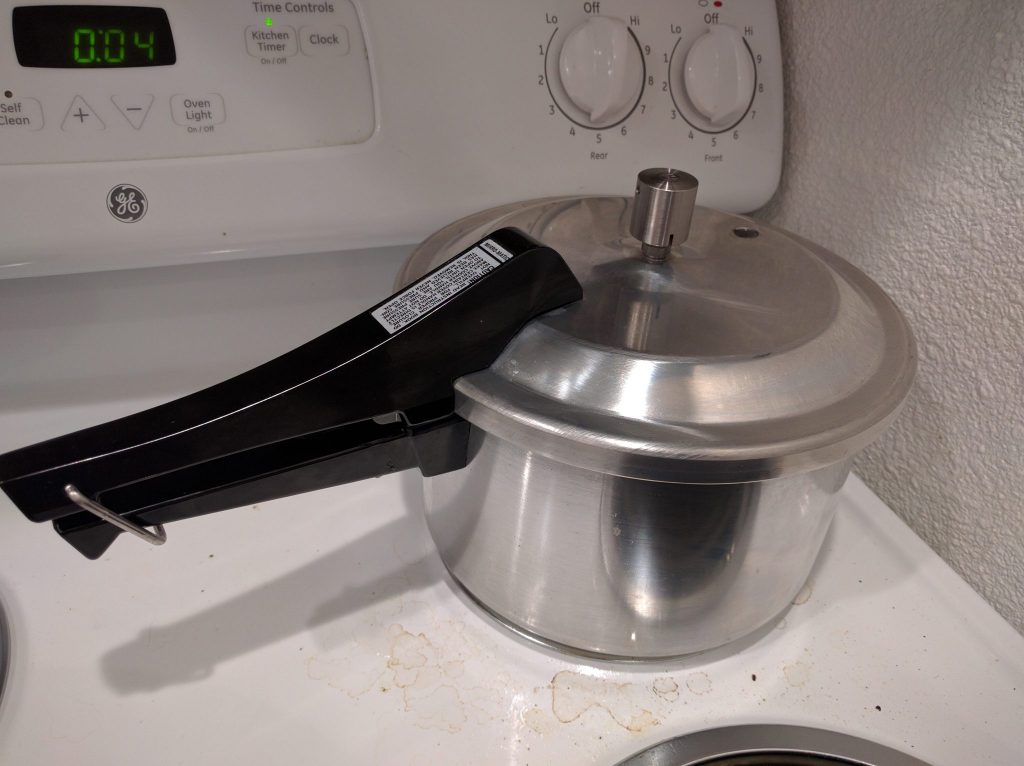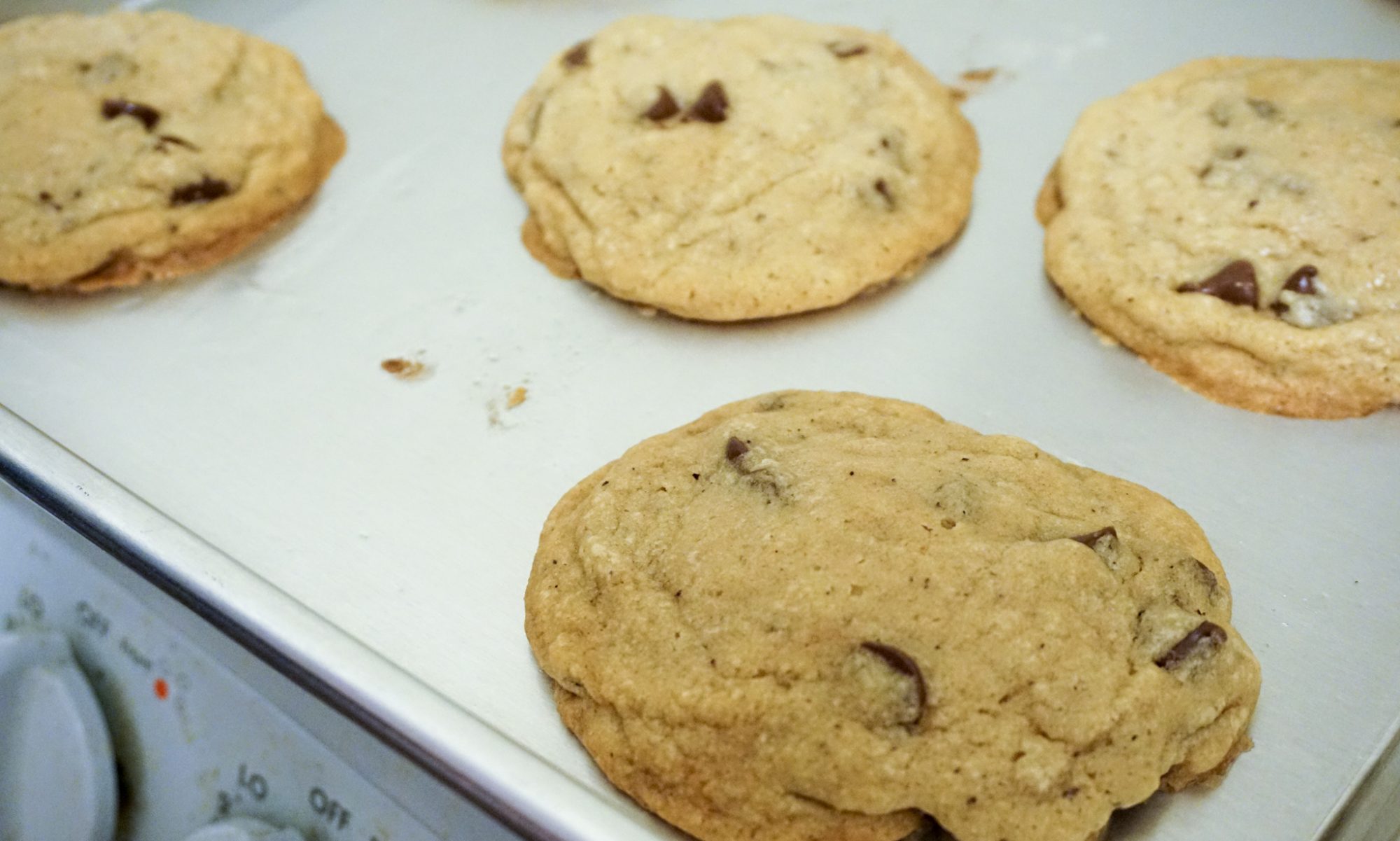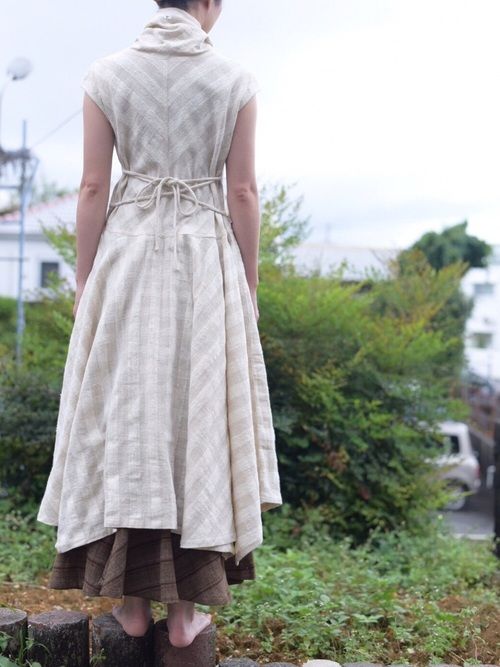My mom sent me a pressure cooker!


Food, sustainablity, and some other stuff
My mom sent me a pressure cooker!

I made a Goodreads account to keep track of books I read that are relevant to this blog. If you want to see what I’ve read and what I want to read, take a look at my profile.
Goodreads is a website that allows you to rate, review, and track books you’ve read. There’s enough detail for you to track how far you are through a book (60% or 70%?) and when you started and finished a book. The reviews are quite thoughtful and helpful when choosing a new book to read. Check it out!
After the Mahouka movie and my thrift store finds, we browsed the Japantown mall. In the atrium area, there was an amazing Japanese clothing brand~ They were having an exhibition to advertise and sell their products, and I totally got sucked in. Everything was amazing!!! I could tell even from a distance that it was my type of clothing, from the colors to the cut.
The company is called Usaato, a contraction of Usaburo Sato, the designer’s name. It’s a pun: “usaato” also means “rabbit” (although it’s a less common word than “usagi”), which they use in their logo. Here’s their Facebook page (in Japanese) and their USA page, which still has quite a bit of Japanese.

Continue reading “Awesome Japanese, ethical, slow fashion clothing brand!!”
A few weeks ago, J and I had an uncharacteristically adventurous and nature-filled weekend with our friend A. It turns out A really likes hiking and such, especially since he can look for cool bugs! I’m more into plants, but it’s good to learn about native insects too. Sadly, we didn’t see any banana slugs 🙁

While J and co were watching the Mahouka movie, I went to… the thrift store!! I do love a good browse, but usually can’t get J to wait for me, so this was the perfect opportunity.
I’ve been on the lookout for linen pants or shorts to wear in the summer, small weights for arm and wrist exercises, a basket to organize J’s receipts, and maybe a loaf pan. I’ll tell you what I found! Continue reading “Mahouka alternative activity- thrift shopping!”
There aren’t a lot of gochujang recipes online (in English). They don’t explain what you’re doing and why you’re doing it, so it’s hard to tell if it’s working. Because gochujang takes several months to ferment, I wanted to be extra sure that it would work. So I combined three different recipes with some advice from the beer-brewing community. Of course I started with Maangchi’s recipe, but I also consulted this video and Eating Korean. I’ll give you the recipe I ended up using, with some explanation at the end of what we’re doing.
J and I recently ran out of gochujang, a spicy fermented red pepper paste ubiquitous in Korean cooking. Since I’ve been trying more than usual to not buy things in plastic packaging, I was hesitant to buy a new container. (Although Wholly Jang offers gochujang and other products in glass, the company is currently on hiatus as they move to a different facility.) Fortunately, I discovered that you can make your own at home with just a few ingredients!!
Now that I’ve worked the kinks out of my mom’s bun recipe (the first version she sent had a few typos in it…), I can share it with you! These buns are delicious– slightly sweet, moist, fluffy. Even when I substitute a ton of the ingredients, they still turn out completely fine!
1 1/8 tsp yeast
3/4 cup water
1/3 cup sugar
1/4 tsp salt
1/3 cup butter, softened (1/4 cup butter can be used for lower fat)
1 egg
1/2 cup mashed potatoes
1/2 cup rolled oats
3 1/2 cup bread flour (Start with 3 cups. Reserve 1/2 cup for adjusting the texture of the dough.) Continue reading “My mom’s potato bun recipe!! Delicious!”
I’ve recently been using The Korean Table, a Korean cookbook by Taekyung Chung and Debra Samuels. This book is okay, but there are surely much much better Korean cookbooks out there. (Have you seen Maangchi’s website?) Overall, the book is well laid out and has pretty pictures, but it substitutes ingredients too much. Continue reading “The Korean Table book review”
This simple recipe is from The Korean Table by Taekyung Chung and Debra Samuels. J posted pictures.
2 cups (350 g) corn kernels
1 Tbs miso
3/4 cup (100 g) flour
1/2 cup (125 g) water
1/4 tsp salt
Mix. Fry in oil ~3 min on each side. Serve with dipping sauce of choice.
We added some kimchi (~40 g) and some finely chopped leftover pork ( ~20 g), and ate it with mayonnaise and tempura dipping sauce. The fritters were pretty good! Surprisingly sweet because of the sweet corn, but a pleasant change from eating it on the cob.